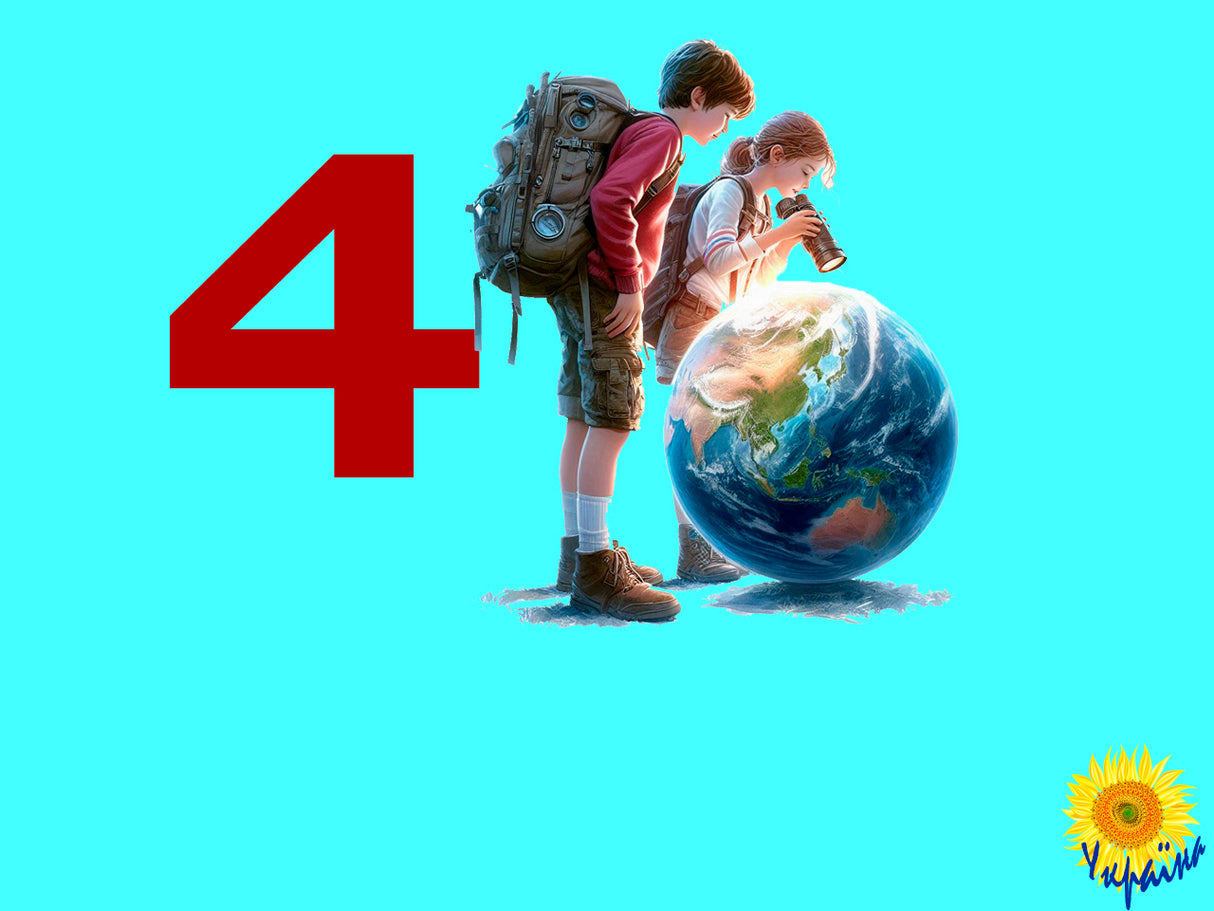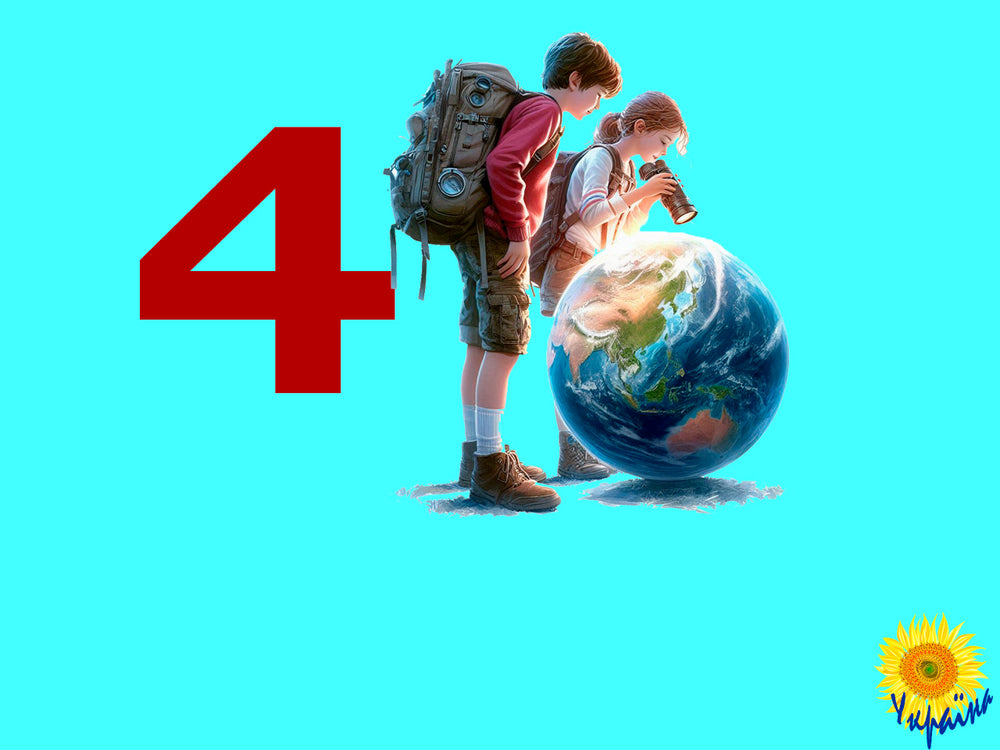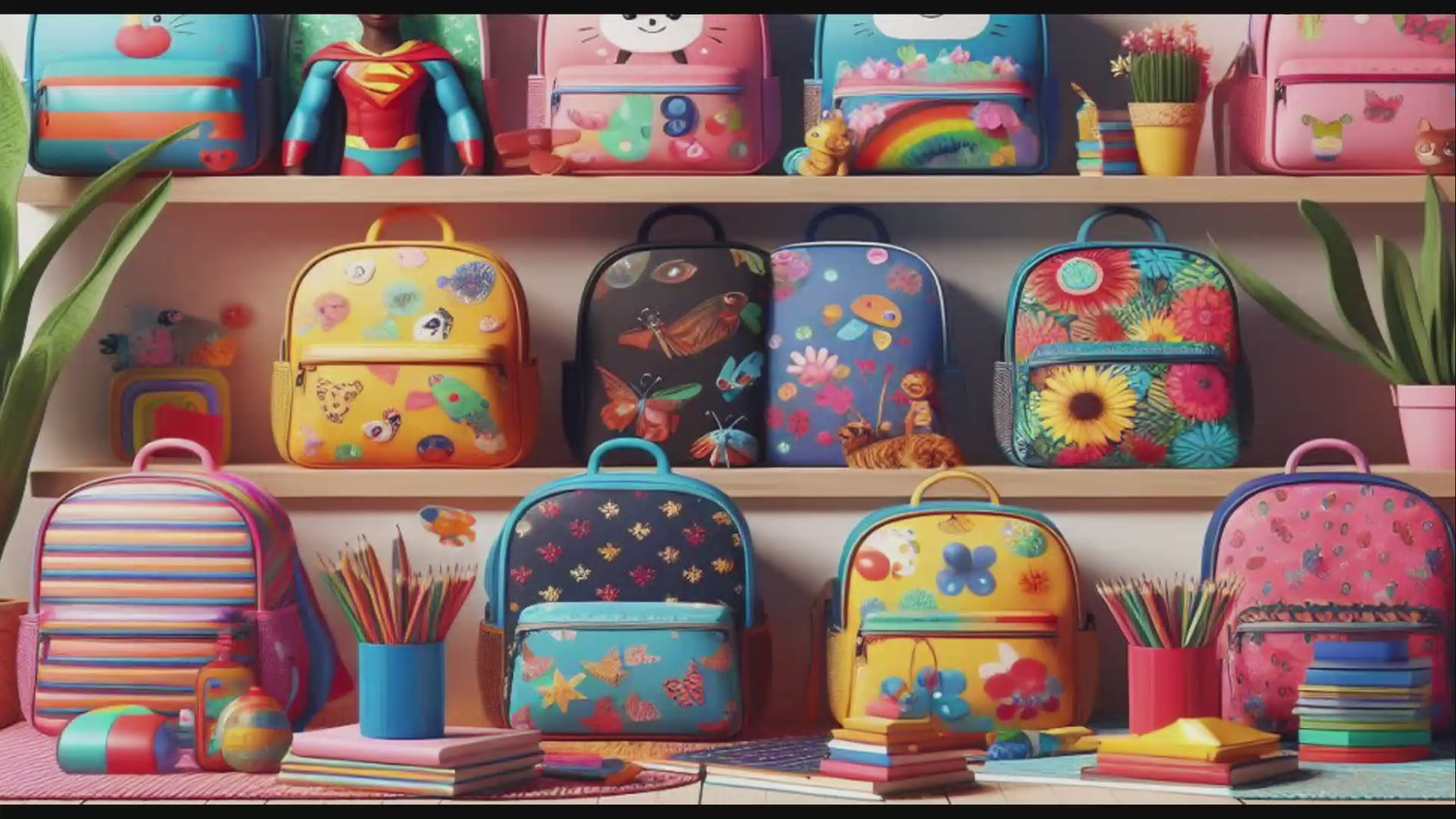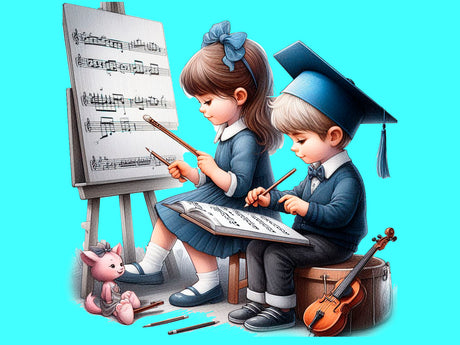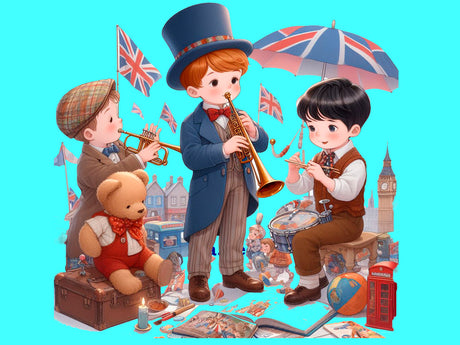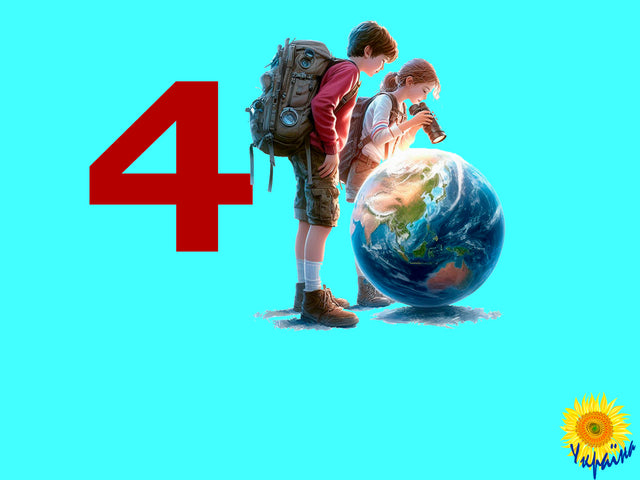Tests. I explore the world Grade 4. Human in society
 Intermediate
Intermediate
 Test
Test
 1 hrs
1 hrs
Tests. I explore the world Grade 4. Human in society - Ukrainian is backordered and will ship as soon as it is back in stock.
What is Unibot?
What is Unibot?
Unibot is a platform for educational systems that combines an administration panel and a chatbot. It allows you to easily upload data, customize chatbots without programming, and manage courses. It supports multilingual bots, content management, and optimized resource utilization for efficiency. The platform makes educators' work easier by automating repetitive tasks. Different pricing plans are available, from basic to premium, which differ in the number of supported bots, languages, messages, and other features.
More information
This diagnostic work is designed to assess the level of knowledge acquired on the topic "I Explore the World" for 4th grade, specifically focusing on the theme "A Person in Society." The test evaluates how well students understand their rights and responsibilities, comprehend the significance of state and national symbols, and demonstrate care for the environment and cultural heritage. It can be used independently of any specific textbook.
Structure of the Test
- Tasks 1-5: General understanding of the topic.
- Tasks 6-10: In-depth exploration of specific aspects.
- Results of the Diagnostic Work: Evaluation of achievements and identification of gaps in knowledge.
Key Information about the Test
Expected outcomes from completing this diagnostic work include assessing competencies in the following areas:
- Understanding Rights and Responsibilities: Awareness of the right to life, equality, protection, love, care, work, rest, and education.
- Knowledge of State Symbols: Understanding the national symbols (Anthem, Flag, Coat of Arms, native language) and folk symbols.
- Interest in Global Symbolism: Awareness of and interest in the symbolism of other countries.
- Environmental and Cultural Care: Practical care for the environment and cultural heritage.
- Local History and Culture: Interest in and accumulation of information about local history and culture.
- Respect and Responsibility: Examples of positive and negative attitudes towards elders and peers, understanding of potential offenses among children, and examples of responsibility for such offenses.
- Money Management: Reflecting on how to manage pocket money correctly.
-
Genre
-
Target audience
-
Language version
-
Subject area
-
Recommended age group
-
Course time
-
Book author
-
Author Collection

